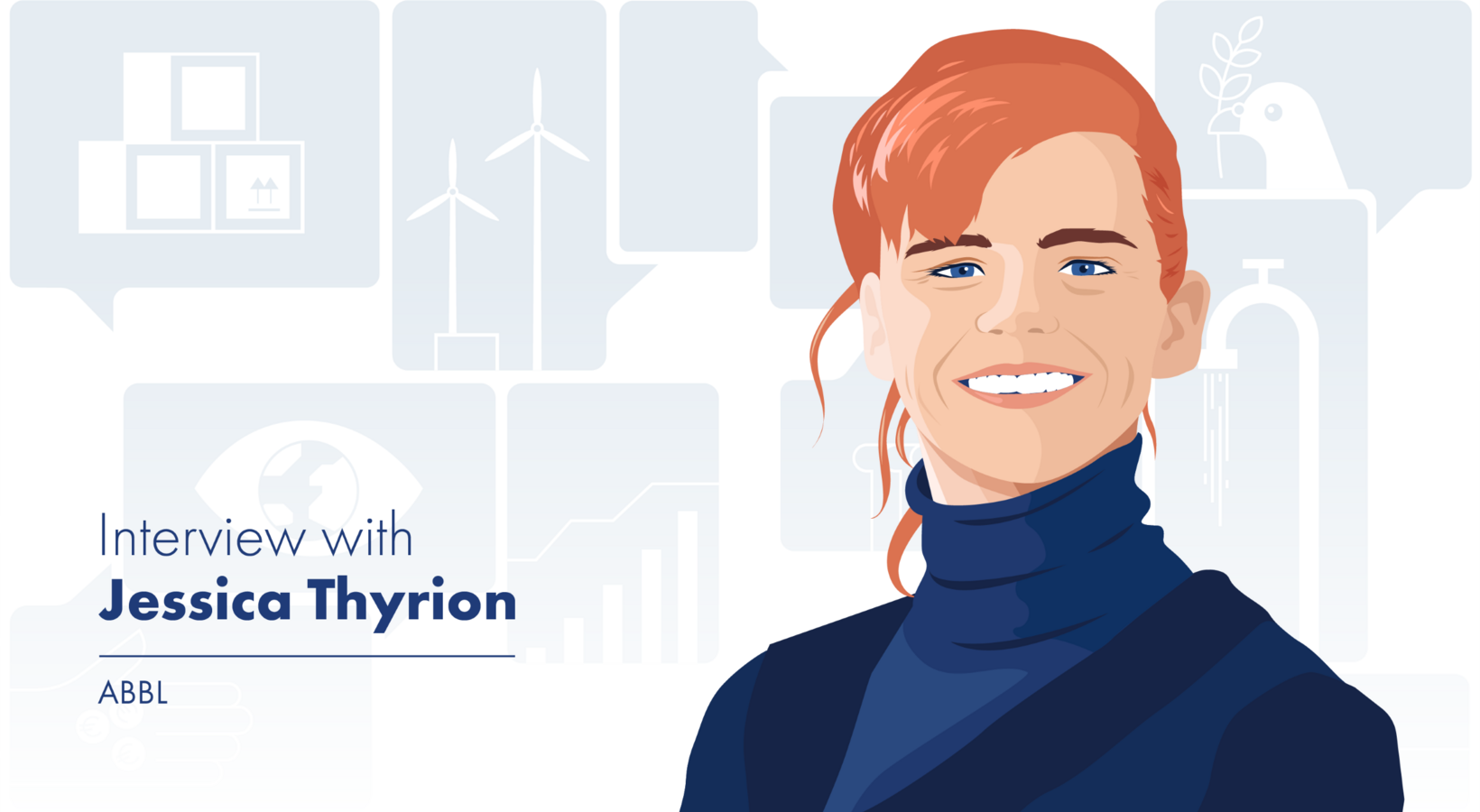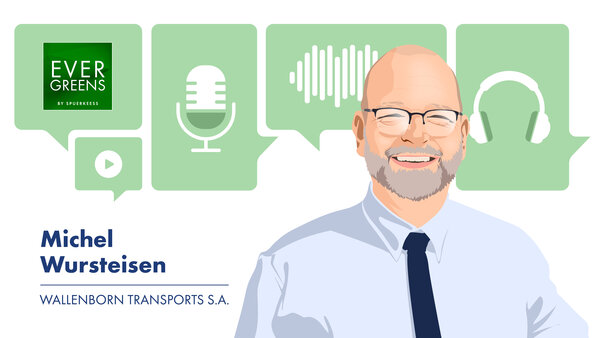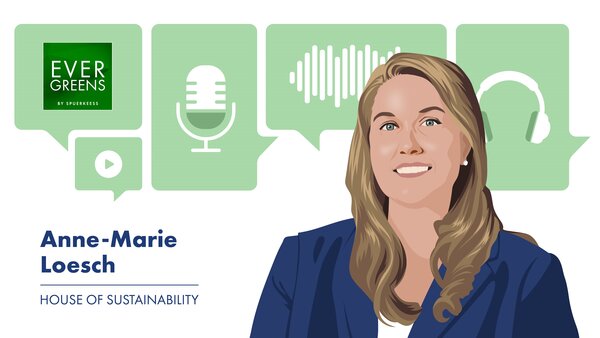Maintaining a balanced budget, digitalisation and, of course, knowing how best to defend oneself against the various financial scams.
Where does our money come from? How does credit work? What does risk mean and why is it important, especially for young people, to know how to manage their money properly? These days, most children and teenagers in Luxembourg already have to manage their own money. The Foundation is therefore focusing on budget management, digitalisation and sustainable finance.
The ABBL Foundation’s programme for younger children focuses on the difference between needs and wants, a subject with which many adults also struggle.
It is essential to get young people into the habit of drawing up a budget as early as possible so that they can understand why it is important to divide their money into different categories: income, expenditure and savings. Savings are a key component in budgeting.
Budget management workshop: For secondary school students
Woch vun de Suen: For 10–12-year-olds
Many young people think they are experts in the digital world, having grown up in the digital age. They believe they have solid digital skills. However, analysis of the results of the ABBL Foundation/ILRES survey shows that these skills do not specifically imply digital financial literacy. They tend to be overconfident in digital financial services and unaware of the right habits to get into.
Furthermore, more and more young people are taking an interest in cryptocurrency and investing in it without knowing the various risks to which they are exposing themselves.
People are increasingly sensitive to sustainability considerations in the broadest sense of the term, including when it comes to their personal financial decisions. Today, it is possible for any budding investor to align their financial decisions with their sustainable development preferences.
The Foundation offers workshops on sustainable finance to secondary school students.
![[Translate to English:] [Translate to English:]](/fileadmin/_processed_/4/4/csm_alexandra-kugener_7694260efa.jpg)

![[Translate to English:] [Translate to English:]](/fileadmin/_processed_/f/2/csm_michel-marx_54d2966b86.jpg)
![[Translate to English:] [Translate to English:]](/fileadmin/_processed_/f/7/csm_arnaud-duban_87d7d42d9b.jpg)

![[Translate to English:] [Translate to English:]](/fileadmin/_processed_/4/7/csm_438_EXP_Julien_Kohn_Spuerkeess_9001fc61ae.jpg)
![[Translate to English:] [Translate to English:]](/fileadmin/_processed_/c/3/csm_437_EXP_David_Schmit_Spuerkeess_6beedf10c9.jpg)
![[Translate to English:] [Translate to English:]](/fileadmin/_processed_/6/7/csm_433_EXP_Francesco_Ferrero_LIST_31171ca1b1.jpg)
![[Translate to English:] [Translate to English:]](/fileadmin/_processed_/d/1/csm_434_EXP_Nicolas_Griedlich_Deloitte_f84788af86.jpg)
![[Translate to English:] [Translate to English:]](/fileadmin/_processed_/0/d/csm_435_EXP_Rachid_M_haouach_Spuerkeess_6aout25_4132487c59.jpg)


![[Translate to English:] [Translate to English:]](/fileadmin/_processed_/9/7/csm_426_EXP_Romy_Reding_Spuerkeess_28mars25_f6a6df7a8f.jpg)